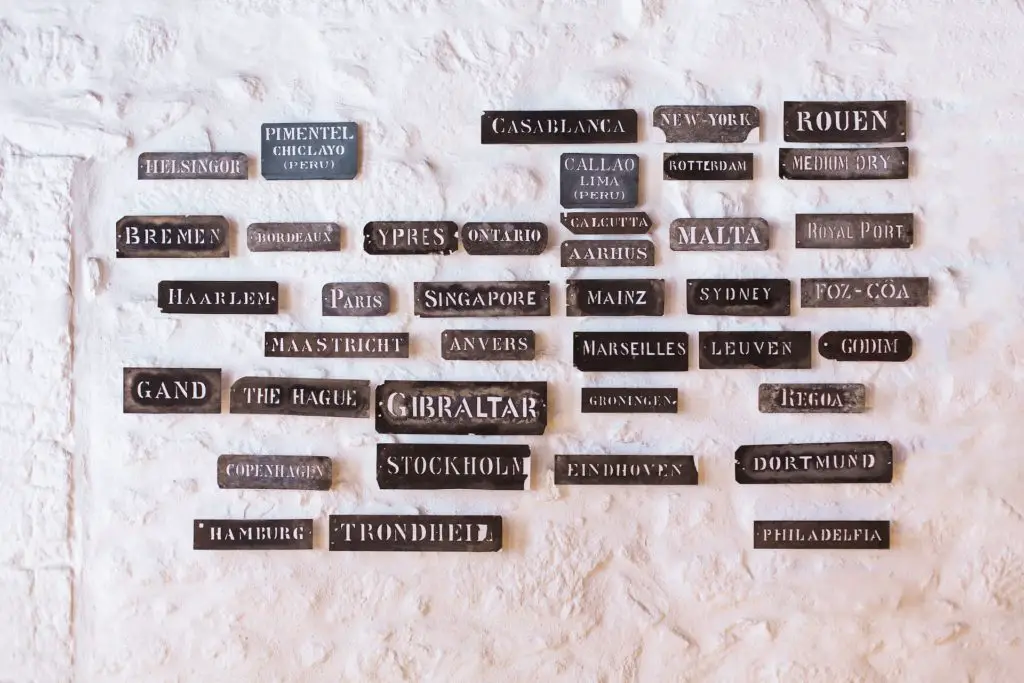Navigate the Process of Changing Your First Name or Family Name with Ease
Understanding the Importance of Name Changes
In the Philippines, changing one’s name is a significant decision that can have various personal, social, and legal implications.
Whether you want to change your first name or family name, it is essential to understand the process and requirements involved.
This comprehensive guide will provide you with a step-by-step approach to legally changing your name in the Philippines.
Changing Your First Name: The Local Civil Registry Office (LCRO) Process
A. Eligibility Criteria for First Name Changes
To change your first name, you must be at least 18 years old and meet one of the following conditions:
- Your current name invites ridicule or dishonor, or is simply difficult to pronounce or spell.
- You have continuously used and been known since childhood by the name you want to adopt.
- Changing your name will prevent confusion in legal documents and other purposes.
B. Required Documents for First Name Changes
To apply for a first name change, you need to provide the following documents:
- An affidavit stating the reasons for the name change
- NBI Clearance and Police Clearance
- Baptismal certificate
- Birth certificate
- School records/Employment certificate
- Valid IDs
- Other documents as required by the Local Civil Registrar
C. Filing Your Application and Waiting Period
Submit your application for a first name change at the LCRO that has the documents bearing your original name. The waiting period for the petition to be granted typically ranges from one to four months, depending on the Local Civil Registrar.
Changing Your Family Name: The Regional Trial Court (RTC) Process
Obtaining a Court Order for Family Name Changes
To change your family name, you will need a court order from the Regional Trial Court (RTC) of your municipality/city. File a petition detailing why you want to change your surname, along with the required documents.
Required Documents for Family Name Changes
The required documents for changing your family name are similar to those needed for first name changes, including:
- An affidavit stating the reasons for the name change
- NBI Clearance and Police Clearance
- Baptismal certificate
- Birth certificate
- School records/Employment certificate
- Valid IDs
- Other documents as required by the court
Special Cases: Children Born Out of Wedlock and Married Women
Children Born Out of Wedlock
A child born out of wedlock may use the father’s family name without undergoing a change of name, especially if the father issues an affidavit or a document recognizing parentage of the child.
Changing a Child’s Surname to the Mother’s
A mother who wants to change a child’s surname to hers needs a court order. However, the Supreme Court has ruled that a child’s change of surname may only be granted when they reach legal age and can decide on their own.
Married Women Adopting Their Husband’s Surname
If you’re a woman who recently got married and wants to officially adopt your husband’s surname on your official IDs, you will only need to comply with the change of status requirements and do not need a court order for that.
Note that changing your family name when you get married is not a legal requirement, so for IDs like your driver’s license or passport, you might want to wait until they’re up for renewal so you can accomplish both changes of status and renewal in one go.
Changing your name in the Philippines can be a complex process, but with the right information and guidance, you can successfully navigate the legal requirements and procedures.
By understanding the steps involved in changing your first name or family name, as well as the special cases for children born out of wedlock and married women, you can ensure a smooth and hassle-free name change experience.
